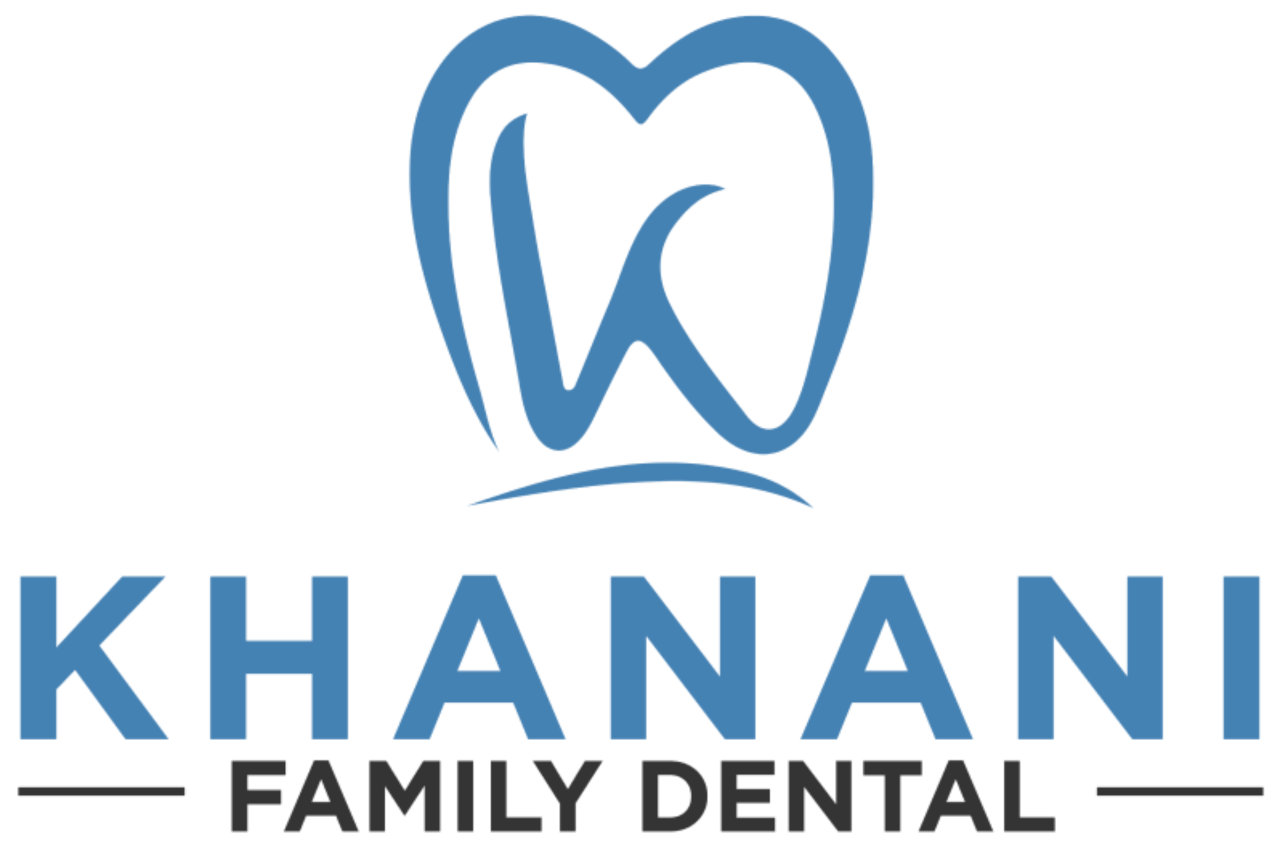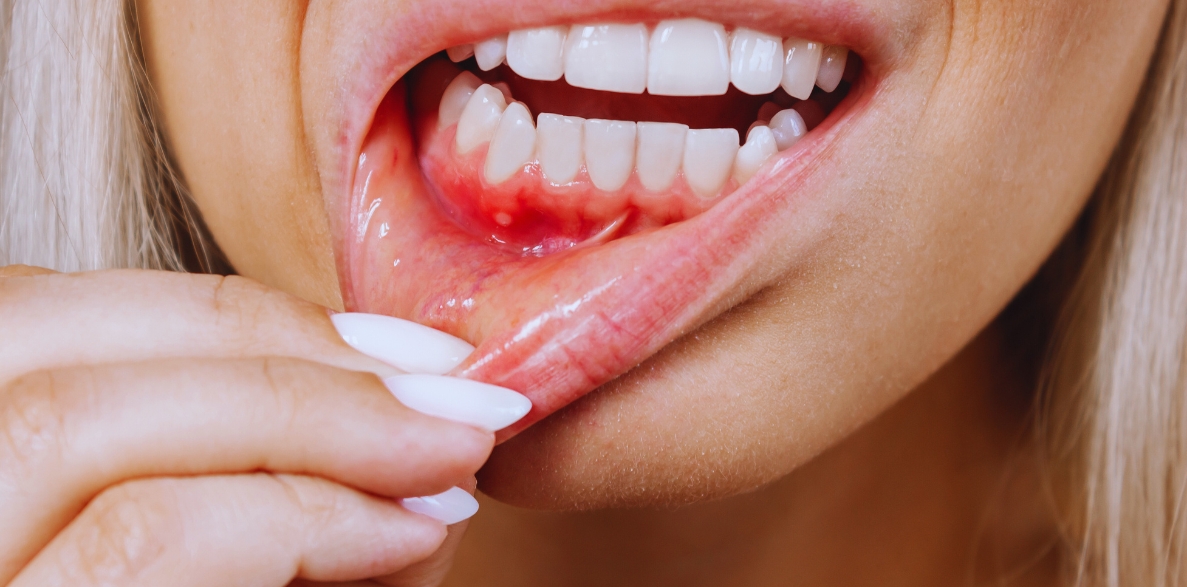We are Not A MassHealth Provider
Why Gum Health Matters to Your Overall Wellbeing?

Think about any advertisement of toothpaste or mouthwash and most of them talk about your teeth health only. But what about the gums? Don’t they need care? Of course, they do! But most of us simply assume that brushing the teeth and flossing from time to time are enough. But you cannot be more wrong than this. Similar to the teeth, your gums also deserve royal treatment.
Gum health isn’t simply about a healthy smile—it’s also linked to your well-being. Ignoring it can lead to periodontal disease. Shocked? Let’s get into why you should never ignore your gums:
Your Gums Are More Important Than You Think
Gums aren’t just a bunch of soft tissues that hold your teeth. They keep your blood system safe from harmful oral bacteria. Neglecting your gums lets bacteria spread all over your system and cause infection and inflammation throughout the body. Sounds scary, no?
- Healthy gums guard you from infection and swelling.
- Bleeding or loose gums signal other health problems that may affect overall well-being.
Periodontal Disease and Your Body: The Invisible Connection
Gums are a part of our overall body. So, no wonder neglecting gum health can have repercussions far beyond your mouth. Years of research show that bad gum health can lead to:
- Heart Disease: Bacteria in infected gums can reach the bloodstream, form plaque in arteries, and increase the risk of heart attacks and strokes.
- Diabetes Complications: High blood sugar levels can wreak havoc on your gum health, and untreated gum infections make diabetes control a struggle.
- Respiratory Issues: Harmful bacteria from your mouth can travel to your lungs and increase the risk of infections and pneumonia.
- Pregnancy Risks: Gum disease can lead to premature births and low birth weight.
The Stages of Gum Disease: Catch It Early
Periodontal disease develops in multiple stages. Catching it early can save you from severe health complications down the line. Let’s explore the stages of periodontal disease:
- Gingivitis (Early Stage)
Easily bleeding, red, and swollen gums.
No permanent damage yet—it is completely reversible with good care.
- Periodontitis (Moderate Stage)
Gums begin pulling away from teeth and create pockets around teeth where bacteria can grow.
Bone loss starts, and teeth can become loose over time.
- Advanced Periodontitis (Severe Stage)
Widespread gum recession, extensive bone loss, and potential tooth loss.
Needs aggressive periodontal treatment to avoid further destruction.
How Does Periodontal Therapy Restore Gum Health?
If gum disease continues to progress, treatment is required. Periodontal therapy begins with scaling and root planning, which focuses on eliminating plaque and tartar from the gum line. It’s the best to protect you from advanced gum disease like periodontitis. However, you may need gum grafting to restore your gum health from the advanced stage of gum infection. Grafts replace lost tissue and cover roots. Regular examinations by a dentist in Holden keep gum disease under control.
Daily Habits to Keep Your Gums Healthy
- Brush Twice Daily
- Floss Every Day
- Use Antimicrobial Mouthwash
- Eat lots of leafy greens, dairy, and crunchy fruits
- Don’t skip biannual professional cleanings under a licensed dentist
Neglecting Gum Health? This Is What You May Face
Still thinking about delaying that visit to the dentist? Here’s what could be in store for you if you ignore your gums:
- Persistent bad breath that can’t be brushed away.
- Gums that pull back, creating a longer tooth appearance.
- Sharp pain when you chew, or teeth that become sensitive.
- Loose teeth that ultimately fall out.
- Increased risk of developing severe medical conditions.
Your gums do more than frame your smile—they frame your overall well-being. What you do today for your oral health prevents larger issues later on. If you experience any symptoms of gum disease, don’t wait. Book an appointment with us today to improve your gum health.


